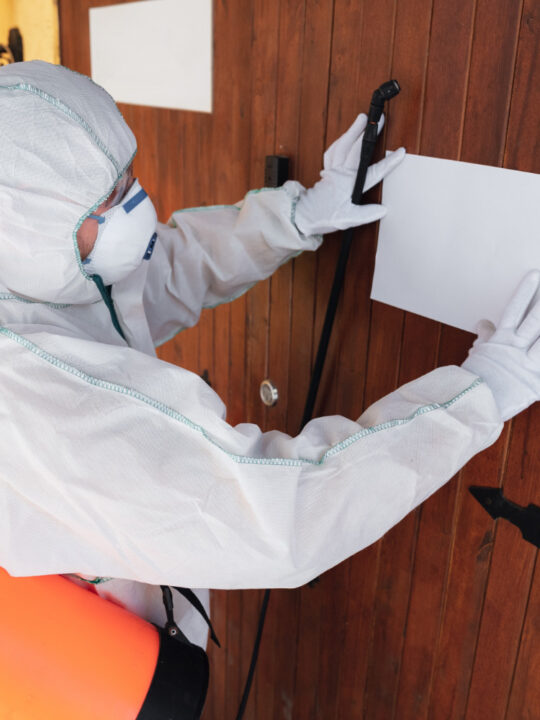Sometimes spritzes of air freshener and scented candles aren’t enough to get rid of home odours. These band-aid solutions don’t make it easier on your nose — they only pile the perfume of flowers, fruit or vanilla bean on top of the strong smell. If you want to clear the air indoors, here is what these mysterious home odours mean and how you can get rid of them for good:

Sewage
One of the reasons your home might smell is that you have a problem with your plumbing — you might notice an unpleasant sewer smell in the basement or a sewer gas smell in the bathroom. If you haven’t observed sewage, be wary of smelling rotten eggs because that could be hydrogen sulfide from sewer gas. Inhaling hydrogen sulfide is not good for your health, so you should call a professional plumber immediately.
A trusted local company like the Sewer Squad can discover what the origin of the stink happens to be — it could be a dried-out water seal on the floor drain or it could be back-up coming from an overwhelmed municipal system. The pro will run diagnostics to see precisely what’s wrong with your system and get it fixed in a hurry.

Cooking
People with sensitive morning stomachs will appreciate finding quick solutions to get rid of the lingering smells of fish, onion or garlic that fill their kitchen. There are some ingredients with stubborn aromas that like to stick to a room, even if they are cooked days beforehand.
One of the ways that you can deal with cooking smells is increasing the ventilation in the area by running the overhead fan on the stovetop and opening up all of the windows to let fresh air inside. Another tip that will make smells like burnt toast or spicy curry disappear is giving your kitchen a thorough clean. Tackle the dishes standing in the sink, scrub the counters, wipe down the microwave and sponge off the stovetop.
Mildew
Mildew spores sticking to your fabrics will bring you intense frustration because it can spread easily, and the musty odour is relentless. When the mildew is stuck to clothes, cloths or rags, you can put them in the washing machine with a cup of white vinegar.
After you’ve taken care of the fabrics affected, you will still need to destroy the spores that infested the material in the first place. Once you find the area, you can get rid of mildew by scrubbing it down with a mixture of water and bleach — let the area dry because moisture allows problems like mildew and mould to thrive.
Some of these odours can be hard to detect on your own because your nose acclimates the smell of your house. The faint whiff of sewage in the basement or microwaved fish in the kitchen may not bother you at all. If a friend walks through the front door and crinkles their nose, you need to ask them what’s wrong and get it sorted right away.







